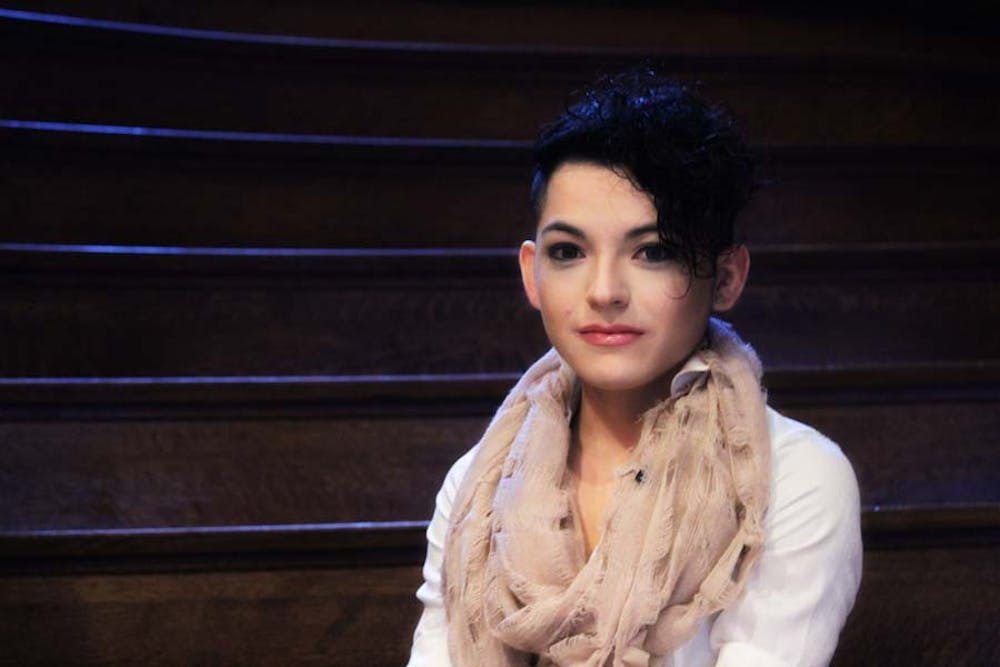
PennAces, a new organization on campus, aims to raise awareness and provide support for the asexual community in Philadelphia.
Asexuality is a sexual orientation defined as a lack of sexual attraction. Approximately one percent of the world’s population openly identifies as asexual.
According to Penn Aces founder and College and Wharton junior Jara Krys, the group will support the asexual community by providing a safe space for open discussion about an orientation that isn’t often recognized by society. PennAces is open to everyone in Philadelphia because “there aren’t many places for people in the asexual community to be involved,” Krys said. “It’s not just a student group. People shouldn’t feel excluded.”
Krys herself was originally a member of Penn Battling Imprisoned Sexualities, a student group which promotes awareness about non-normative sexualities, including bisexuality, asexuality and pansexuality. However, because she was “put[ting] all [her] energy into the asexuality movement,” she decided to create a new organization.
Carol, a College junior and the PennAces Webmaster who asked that her last name not be included in the article, said the organization hopes to help asexuals who “feel alienated and invisible in society.”
According to Carol, it’s hard for young asexuals to relate to their friends who are starting to have sexual experiences in high school and college, and they still haven’t reached that point of attraction. “It’s like waiting to hit mental puberty,” said Carol. “We live in a world that’s really sexualized.”
The group also aims to help family members and friends of asexuals. “They can learn to be better allies,” Carol said. By understanding asexuality, Carol explained, others can be “sensitive to [the] needs [of asexuals] and better address those situations.”
Students in PennAces also wish to debunk a variety of misconceptions about asexuality.
Asexuality does not mean a lack of experience with relationships, Carol said. “It doesn’t incapacitate one’s engagement with people,” she said. Instead, because asexuals’ relationships are mostly not physical, they are more emotional. This can lead to stronger platonic relationships as well.
According to Carol, many people mistakenly believe asexuality is a result of sexual abuse and low hormone levels. She explained that an asexual person is not necessarily traumatized and that their hormone levels are “completely normal.”
Many asexual people do not realize their orientation until the later stages of puberty. “Most people I know didn’t know until they were older. Now that it’s being more verbalized in the media, people are starting to realize it sooner,” Krys said.
The Daily Pennsylvanian is an independent, student-run newspaper. Please consider making a donation to support the coverage that shapes the University. Your generosity ensures a future of strong journalism at Penn.
DonatePlease note All comments are eligible for publication in The Daily Pennsylvanian.







